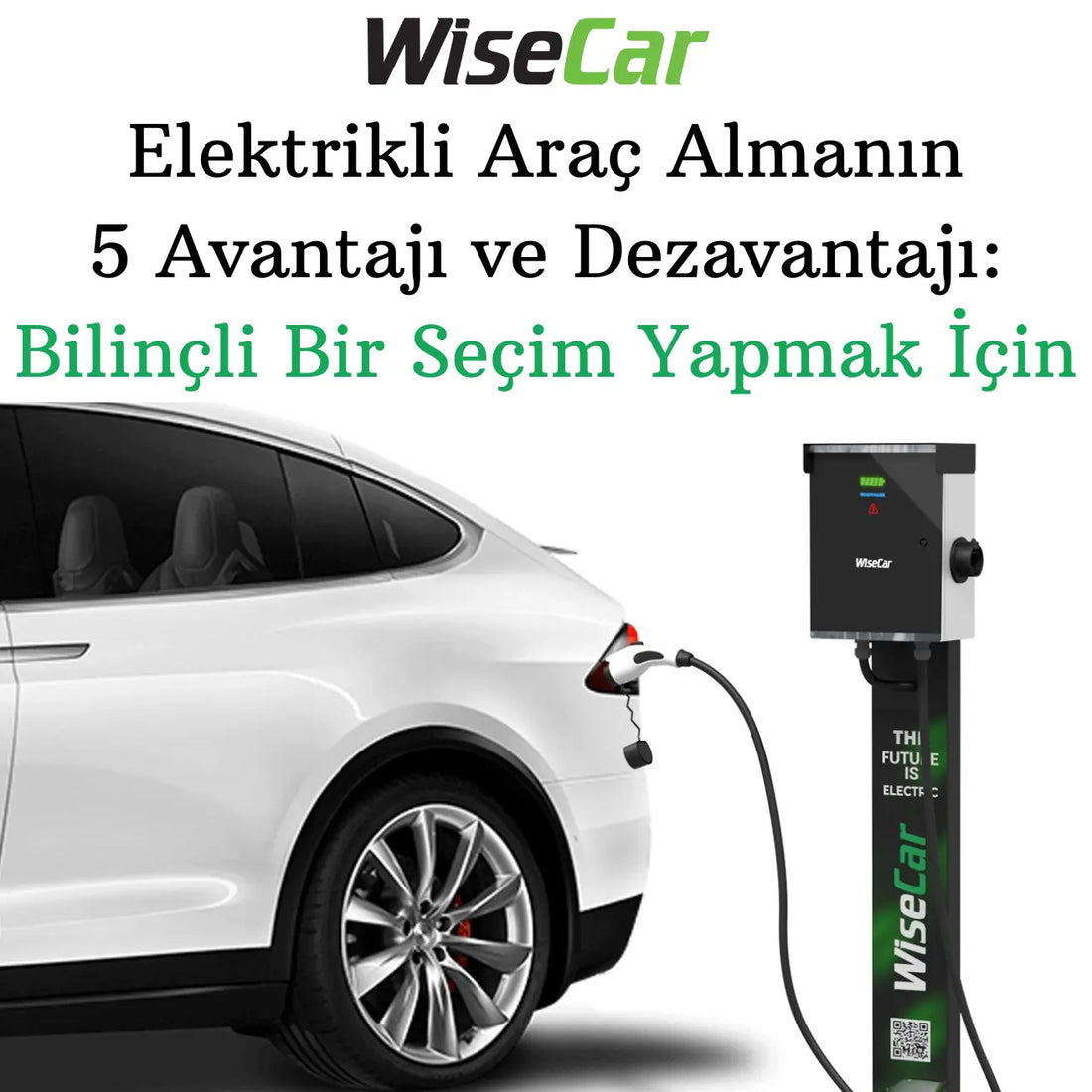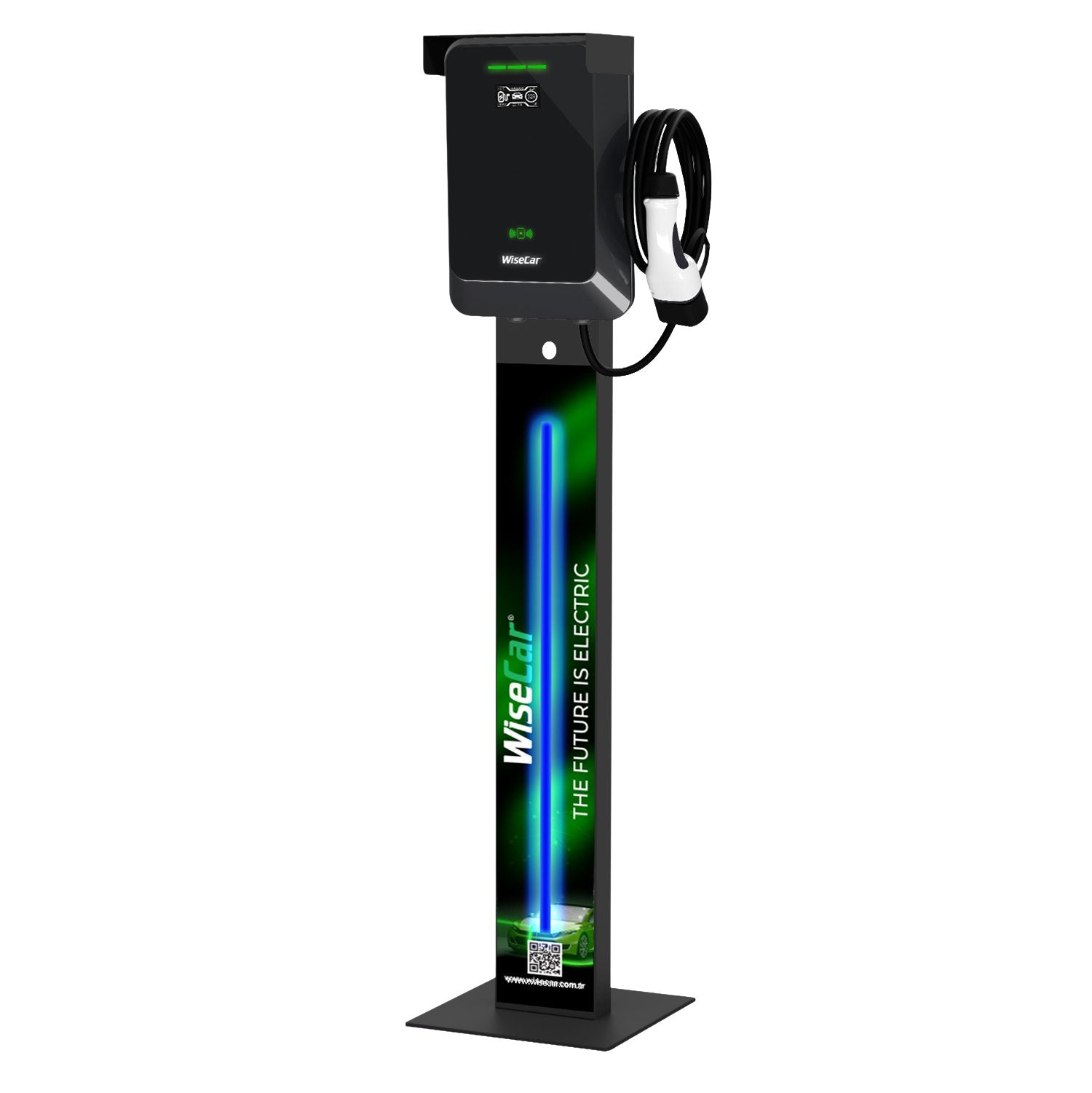
The Pros and Cons of Buying an Electric Vehicle: Making an Informed Choice
Electric vehicles (EVs) are becoming increasingly popular as a sustainable transportation option. However, it's essential to weigh the pros and cons before purchasing an electric vehicle. Here are five advantages and disadvantages of buying an electric vehicle:
Advantages:
-
Environmental Friendliness: Electric vehicles operate with zero or low emissions compared to traditional internal combustion engine vehicles, making them a more environmentally friendly option. EVs help reduce air pollution and carbon footprint.
-
Lower Operating Costs: Electric vehicles generally cost less to fuel than traditional gasoline or diesel vehicles. Additionally, maintenance costs for EVs are often lower, resulting in potential long-term savings for owners.
-
Quiet and Comfortable Ride: Electric vehicles offer a quieter and smoother driving experience compared to internal combustion engine vehicles. The instant torque provided by electric motors also contributes to a more dynamic driving experience.
-
Government Incentives and Tax Credits: Many governments offer various incentives and tax credits to encourage the adoption of electric vehicles. These incentives may include purchase rebates, tax incentives, charging infrastructure incentives, and travel benefits.
-
Future-Proof Investment: Electric vehicles are considered the future of the automotive industry. Continuous advancements in EV technology and infrastructure make owning an electric vehicle a future-proof investment.
Disadvantages:
-
Higher Purchase Cost: The upfront cost of purchasing an electric vehicle is often higher than that of traditional vehicles with internal combustion engines. This higher initial cost may deter some consumers from choosing an electric vehicle.
-
Charging Infrastructure Challenges: The availability and distribution of charging stations vary, which can pose challenges, especially for long-distance travel. Limited charging infrastructure may inconvenience EV owners who rely on public charging stations.
-
Charging Time: Charging an electric vehicle takes longer than refueling a traditional vehicle. This extended charging time may require EV owners to plan their charging stops carefully, particularly during long trips.
-
Limited Range: Some electric vehicles have a limited driving range on a single charge compared to traditional vehicles with internal combustion engines. Range anxiety, or the fear of running out of battery power before reaching a charging station, may be a concern for some consumers.
-
Battery Life and Recycling: Electric vehicle batteries have a limited lifespan and degrade over time, requiring eventual replacement. Additionally, the recycling and disposal of electric vehicle batteries present environmental challenges that need to be addressed.
When considering the purchase of an electric vehicle, it's essential to weigh both the advantages and disadvantages. The best choice for each individual depends on personal preferences, lifestyle, and specific needs.
This blog post aims to provide prospective electric vehicle buyers with a comprehensive overview of the benefits and drawbacks of owning an electric vehicle, helping them make informed decisions.






